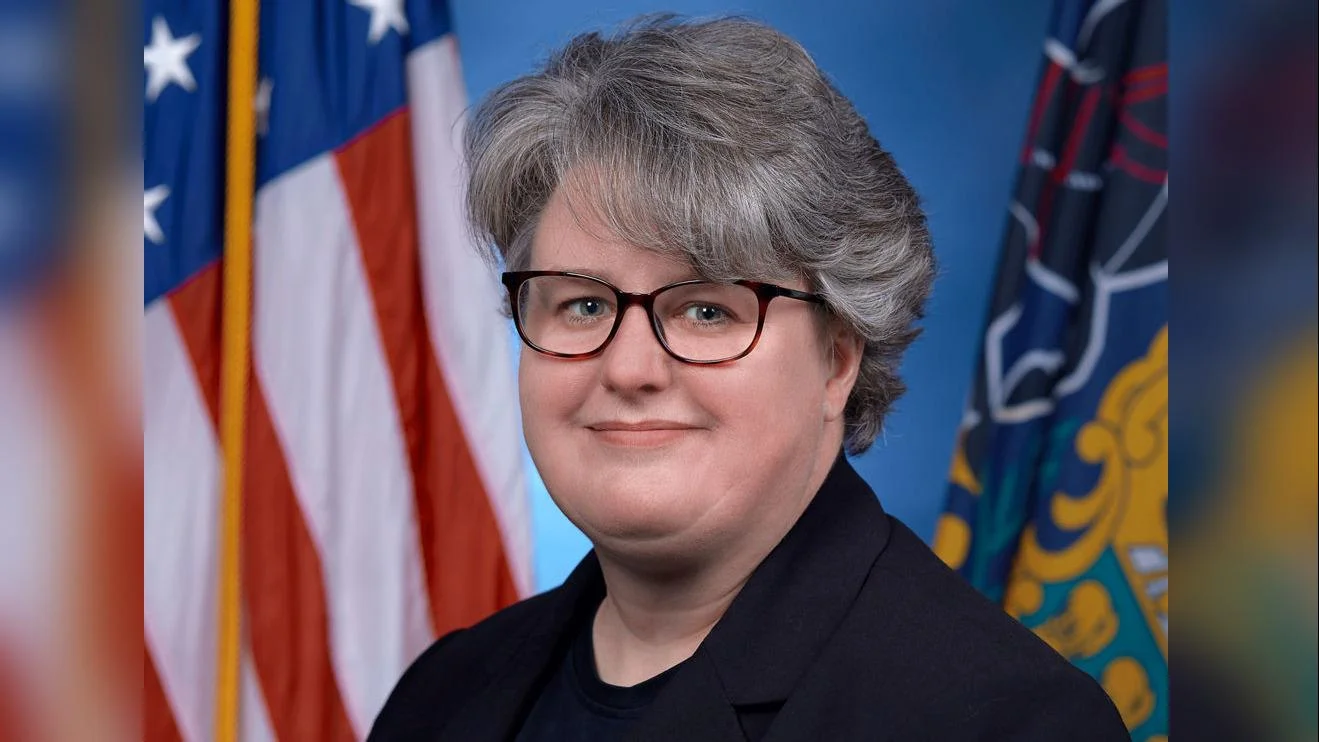
Starlee Coleman President & CEO | National Alliance for Public Charter Schools
The National Alliance for Public Charter Schools has approached the U.S. Supreme Court with an amicus curiae brief, addressing the potential implications of a case concerning the authorization of a religious charter school in Oklahoma. The case centers on the Oklahoma Supreme Court's decision to prevent the creation of St. Isidore of Seville Catholic Virtual School, and the National Alliance says the Supreme Court's decision could have significant impacts on public charter schools.
Charter schools are considered part of public education systems in 46 states, Puerto Rico, and Washington, D.C. If religious charter schools are permitted, it could alter their status and affect their eligibility for state funding, which is critical for their operation. Starlee Coleman, President and CEO of the Alliance, stated, “This case will have significant implications for the future of public education in the U.S. To allow charter schools to be religious (and therefore private) would prohibit them from accessing state authorized per pupil funding, which is the primary funding source for charter schools."
The National Alliance, backed by 76 other organizations representing the charter school community, expressed concerns that authorizing religious charter schools could lead to widespread disruption, financial difficulties, and operational challenges. “A decision to allow religious charter schools will throw charter laws into chaos nationwide, resulting in significant financial and operational uncertainties,” Coleman warned.
The case has attracted attention not only from education advocates but also from bipartisan elected officials and attorneys general who have filed briefs emphasizing the potential negative ramifications on charter schools. Former Minnesota State Senator Ember Reichgott Junge, who was instrumental in drafting the first charter school law in the U.S., underscored the historical context of charter schools as public entities. "There is nothing being alleged by Petitioners in this case that changes the long-time historic roots of charter public schools," she observed.
The outcome of this case could affect the landscape for the 8,150 public charter schools serving 3.7 million students across the nation. The decision could influence access to charter schools, which remain a crucial choice for families seeking diverse educational opportunities for their children.
The debate highlights the tension between educational innovation, public funding, and religious participation within publicly funded institutions. The broader implications of this case are noteworthy, especially when existing state programs allow taxpayer funding for private religious schools, previously deemed constitutional by the U.S. Supreme Court.
For further reading on the National Alliance's position, their brief can be accessed through their official site.






 Alerts Sign-up
Alerts Sign-up